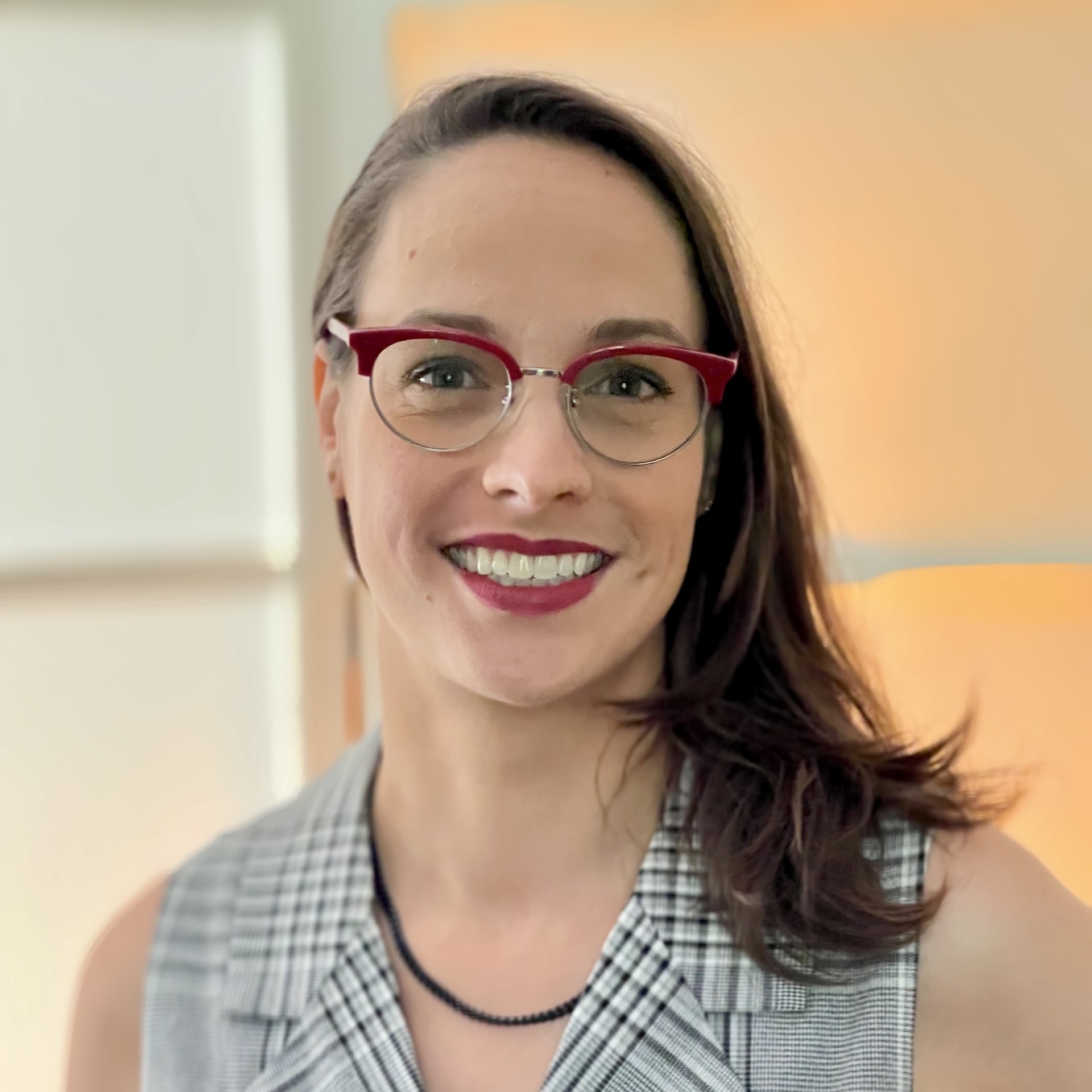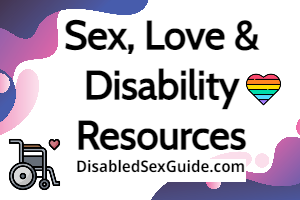Sexual Health for Women with Disabilities
SexForEveryBody.com is supported by our readers. We may earn a commission if you buy through links on our site. Learn more.

A common myth about people with disabilities is they don’t have sex.
Perhaps it is no surprise then that women with disabilities are less likely to receive adequate sex education and access to sexual and reproductive health services.
To make sexual health services accessible to disabled people, barriers like poor infrastructure, training, and outdated attitudes must be overcome.
Studies on women with disabilities, sexual health
Canadian women with disabilities suffer poorer gynecological health and receive less preventative screening, according to a 2016 study.
According to a 2018 report by the United Nations Population Fund, women with disabilities are often excluded from sexual and reproductive health services due to physical, communication, and attitudinal barriers.
Unfortunately, women with disabilities are also more likely to experience sexual violence and abuse than women without disabilities.
According to a 2013 report by the World Health Organization, women with disabilities are 1.5 to 10 times more likely to experience physical or sexual violence than women without disabilities.
Women with disabilities are more likely to have poor sexual health outcomes. According to a 2001 study published in the Journal of Women’s Health, women with disabilities were more likely to report sexual problems such as difficulty achieving orgasm and pain during intercourse.
Women with disabilities are also less likely to use contraception like and more likely to have unintended pregnancies.
Related Read: Study Shows Bisexual People with Learning Disabilities Need More Safe Spaces
Access to contraception
According to a 2011 study published in the journal Perspectives on Sexual and Reproductive Health, women with disabilities were more likely to report not using any contraception compared to women without disabilities (Jones et al., 2011).
A 2019 episode of CBC Radio’s White Coat, Black Art explores how the sexual health needs of Canadian women with disabilities suffer as a result of improper training and equipment.
Jocelyn Maffin, a woman paralyzed from the belly button down, spoke about her experience in the healthcare system as she underwent puberty and grew into a sexually active adult.
At age 14, Maffin learned about menstruation, but not about STIs and contraception.
I wasn’t on birth control. The HPV vaccine had come out and I didn’t get it. All of those conversations my peers were having with their physicians, I was pretty oblivious about and those conversations weren’t happening when I saw my own doctors.
It wasn’t until I was over 30 that I was helping with a sexual health resource for people with spinal cord injuries and I realized there were whole conversations here that young people, I think particularly with conditions from childhood, just weren’t having with their physicians.
What needs fixing for
Maffin’s story shows there’s a lot of work to be done in order to provide more accessible sexual health services. I encourage you to listen to the full radio interview.
Fortunately, Maffin eventually found BC Women’s Access Clinic, a gynecological clinic based in Vancouver that specializes in the needs of women with disabilities. The program also interviewed nurse practitioner Natasha Prodan-Bhalla from the health centre.
Both women highlighted problems that must be addressed to make sexual health a top priority when treating ALL women in Canada:
- Poor availability of transit services to clinics and hospitals
- Mammogram machines often do not lower to wheelchair level and require two aids to hold up a patient
- Patient rooms lack lifts to take a patient from a wheelchair to exam bed
- Small patient rooms and narrow hallways and doors
- Not all patients can use stirrups often used for gynecological exams
- People with disabilities are sometimes not viewed as full human beings
- People with disabilities are seen as asexual
- Healthcare staff may avoid sexual health topics out of fear, likely caused by a lack of training and lack of assistive medical equipment available in clinics
- Doctors not able to give enough time to address all the needs of people with complex medical conditions, so sexual health is often overlooked
What else needs to be addressed so women with disabilities receive appropriate sexual and reproductive healthcare?
Sources:
- World Health Organization. (2013). World report on disability.
- United Nations Population Fund. (2018). Sexual and reproductive health and rights of women and young people with disabilities: A review of literature.
- Jones, K. P., Maman, S., Sinha, A., & Silverberg, S. L. (2011). Disability and unintended pregnancy in the United States: A systematic review. Perspectives on Sexual and Reproductive Health, 43(2), 90-95.
- Nosek, M. A., Foley, C. C., Hughes, R. B., Howland, C. A., & Pruitt, D. B. (2001). Sexual functioning among women with physical disabilities. Journal of Women’s Health, 10(4), 399-408.
Image: ShutterStock Standard License

Jenna Owsianik is a Canadian journalist and sex tech industry expert. She is the Founder and Editor-in-Chief of Sex For Every Body®.
Her expertise covers state-of-the-art sex technologies and the major fields driving innovations in intimacy: robotics, virtual reality, remote sex (teledildonics), haptics, immersive adult entertainment, human augmentation, virtual sex, and sexual health.
A trained journalist with a Masters of Journalism from The University of British Columbia, Jenna’s reporting has appeared on Futurism.com, Al Jazeera English, CTV British Columbia online, CBS Sunday Morning, CBS 60 Minutes, Global News, and CKNW Radio in Canada and the United States.












